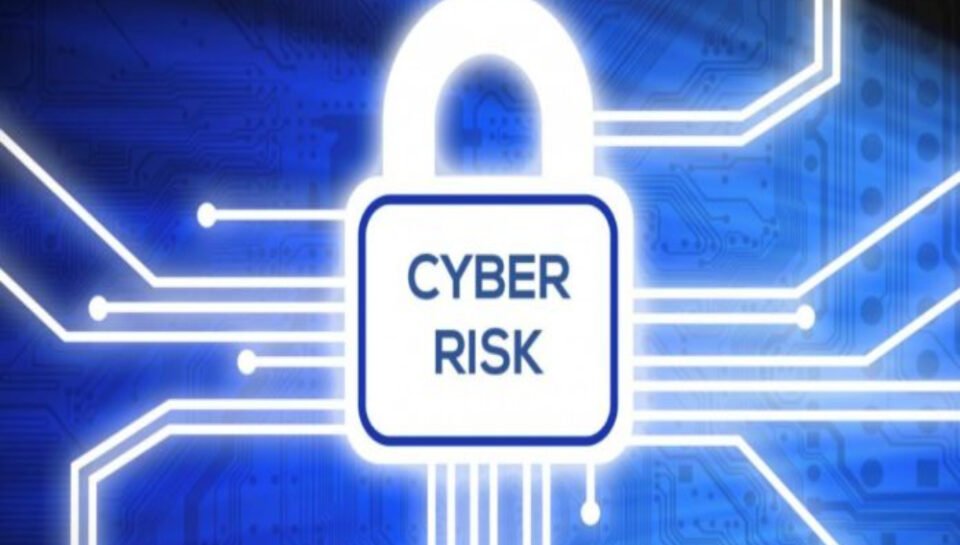
What role does secure coding play in reducing cyber risks?
Prevents Common Web Vulnerabilities
- Secure coding helps eliminate risks like SQL injection, cross-site scripting (XSS), and cross-site request forgery (CSRF).
- Proper input validation and output encoding reduce attack surfaces.
- Avoiding insecure deserialization prevents unauthorized code execution.
- Securing APIs prevents exposure of sensitive endpoints to attackers.
- Consistent error handling avoids unintentional information leakage.
Strengthens Application Logic
- Ensures business logic is not exploitable for bypasses or privilege escalation.
- Implements strict access control and authentication mechanisms in code.
- Guards against misuse of functions or features by malicious users.
- Helps maintain secure session management across user workflows.
- Prevents logic flaws that attackers could exploit to compromise systems.
Enhances Long-Term Security Maintenance
- Securely written code is easier to audit, test, and maintain over time.
- Reduces the need for constant patching or emergency fixes post-deployment.
- Promotes use of secure frameworks and avoids deprecated libraries.
- Encourages a culture of “security by design” among development teams.
- Supports scalability and feature updates without introducing new risks.
Enables Regulatory and Standards Compliance
- Aligns with requirements from laws like India’s DPDP Act and industry frameworks.
- Reduces audit failures by embedding security from the ground up.
- Facilitates easier adoption of secure development lifecycle models (SDLC).
- Provides traceable documentation of security controls in code.
- Demonstrates proactive risk management in legal and compliance contexts.
Protects Brand Reputation and Customer Trust
- Applications built with secure coding practices are less likely to be breached.
- Avoids negative press, financial loss, and legal consequences from security failures.
- Helps protect customer data, which is critical for maintaining trust in India’s digital market.
- Reduces downtime caused by successful cyberattacks or code exploits.
- Shows commitment to professionalism, especially in sectors like finance or healthcare.





